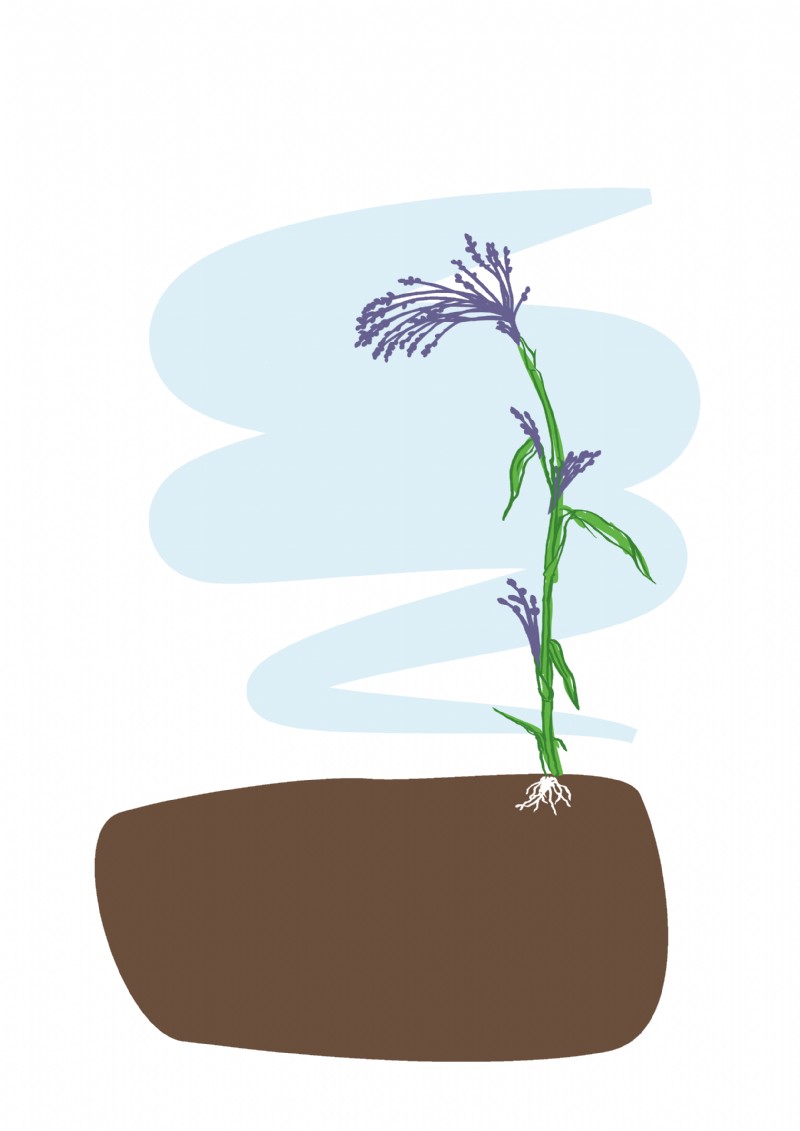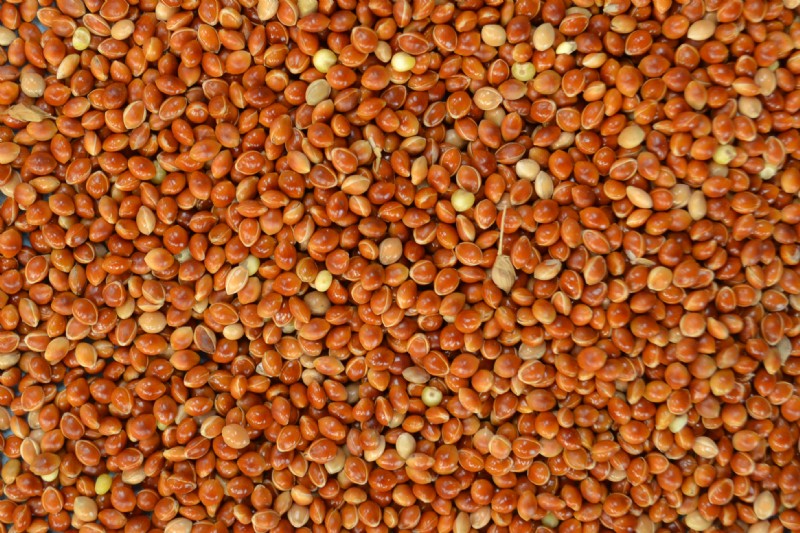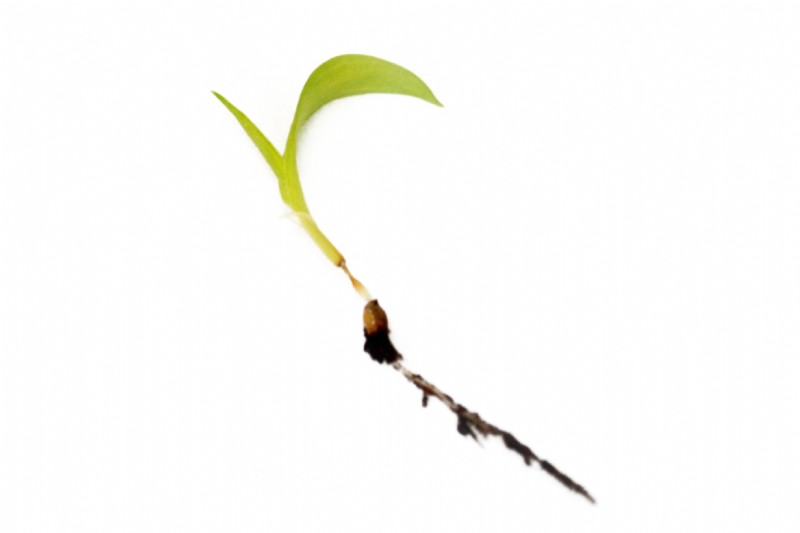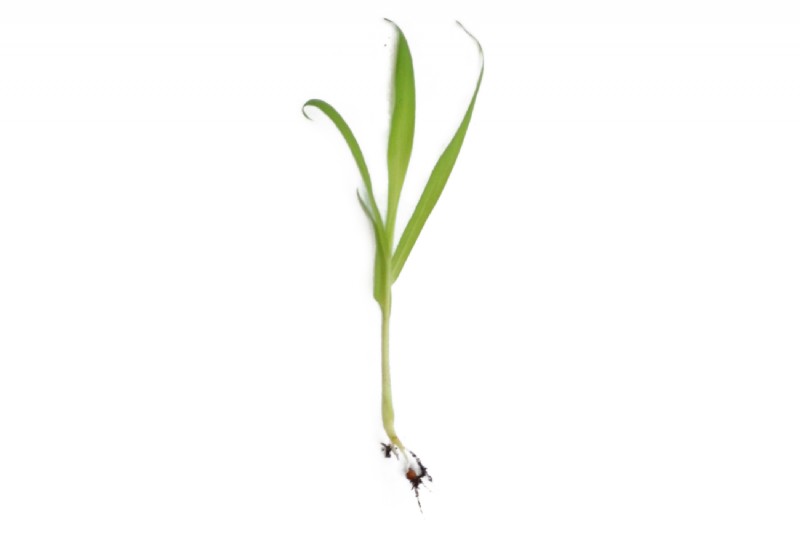Red Millet
Red millet is a warm season, cultivated grass species. It has been grown for centuries for it seed, as a forage and human consumption. In the UK it is generally used as a game cover component, or in a winter bird food mixture to provide food during the hungry gap, when natural resources are exhausted.
Uses
Game cover.
Persistence
It is an annual species.
Strengths
In terms of game cover and farmland bird food, red millet is slightly later to flower, than white millet, with a lower seed yield.
Frost Tolerance
Not frost hardy.
Sowing Rate Advice
10kgs per acre / 25kgs per ha.
Sometimes sown as a pure stand
Mixture Sowing Rate Advice
0.5kgs - 2kgs per acre / 1.25kgs - 5kg per ha.
When sown in a mixture with other seed bearing and cover species.
Ideal Sowing Time
The millets are normally spring sown, when soil temperatures are rising, from late April onwards.
Management
Plant in the spring to ensure the seeds are available going into the winter.
Distinguishing characteristics
Seed
Red millet is rounded, lemon shaped seed. Red millet is a noticeably amber to orange colour, it has a shiny, smooth texture. Approximately 3mm in size.
Seedling
The seedling produces a hairy, short but wide 1st true leaf, before developing much longer leaves as it matures. Red millet may develop red veins throughout the leaf and stem.
Flowering Plant
The plant produces upright, stiff culms. As it matures red millet changes to a rusty, brown or scarlet colour.
The leaves are long, broad and hairy, with a short often hairy ligule.
Notably the leaf sheaths and nodes are also hairy.
Unlike white millet the inflorescence is a heavily drooping, dark red panicle.
The plant has shallow, but fibrous roots.
Additional Info
It may also be used to thicken up areas of maize, to create 'flushing points'. If this is the case the millet is broadcast after the maize has be drilled. The seed heads of red millet tends to be more open and loose, while white millet is more upright and compact.
Works well with
Red millet combines well with white millet, to widen the seed shedding window for farmland and game birds.You can find Red Millet in the following mixtures








